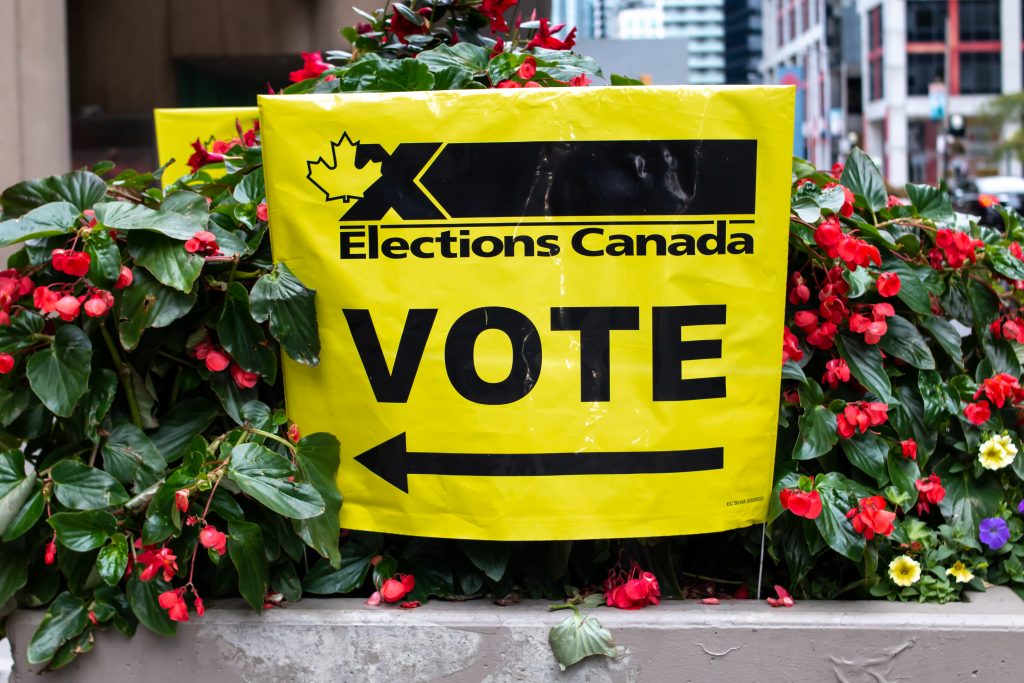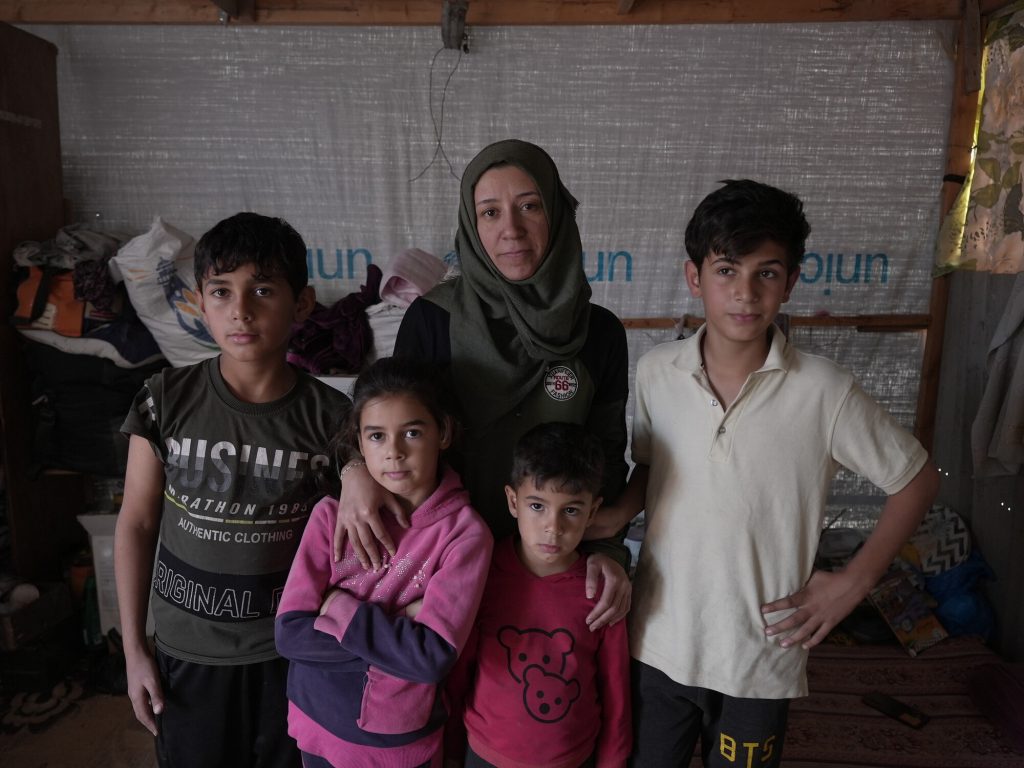Canada’s ambivalent stance on Gaza
There's a contradiction in Canada's stance on the conflict in Gaza. On the one hand, they claim to support a ceasefire (a win that took a lot of public pressure and showed that people power works). On the other, Canadian-made arms and parts sales to Israel have skyrocketed, not waned, since the onset of the conflict on October 7. So which one is it, Canada: do you want a ceasefire or a war?
While Canada publicly champions a ceasefire and access to humanitarian aid, it is contributing directly to the escalating violence by continuing to supply military goods to the region - like the parts crucial to Lockheed Martin's F-35 jets, which Israel is actively deploying in Gaza.
Canada's Increasing Military Exports to Israel Amid Gaza Conflict
Thanks to organizations like Project Ploughshares and World Beyond War, we know the value of Canada's military exports to Israel in 2022: $21.3 million. We also know that since October 7, Canada approved even more exports of military goods to Israel, $28.5 million worth. That means in just three months, Canada exported more military goods to Israel than it has in the last 30 years!
As a signatory to the UN Arms Trade Treaty since 2019 and under Canadian law, Canada must deny military export permits when there is a "substantial risk" that the exported items will be used to commit serious violations of international humanitarian and human rights law. So, Canada's continued supply of arms and parts contradicts Canada's commitment to the UN Arms Trade Treaty. A thorough review of export permits and increased transparency are needed to meet international obligations. The Parliamentary Foreign Affairs Committee agrees with us - it just voted unanimously to study Canada's arms export permits to Israel.
Canada has a moral obligation to advocate for peace
The recent ruling by the International Court of Justice underscores the urgency of addressing the plight of the Palestinian people and preventing further human rights abuses. Four months into the conflict, the toll has been unfathomable, with over 28,000 Palestinian lives lost and 1.9 million people displaced, nearly 1 million being women and girls seeking refuge and safety. As we watch Israel escalate its offensive in Rafah, where most of the 1.9 million displaced have fled, Canada has a moral obligation to advocate for peace, urge Israel to cease military actions, and refrain from supplying arms that exacerbate the suffering of civilians, particularly women and children who are disproportionately affected during times of conflict.
Meanwhile, in the Netherlands, this week, we witnessed another example of what people power can achieve. Oxfam in the Netherlands, together with PAX and the Right's Forum, took the Dutch government to court for their arms sales to Israel, and the Dutch court took a bold stance to suspend the delivery of parts for F-35 fighter jets to Israel due to concerns about violating international humanitarian law. This sets a notable precedent. Could it be Canada's turn to step up, stop the bombs and ensure we do our part to make the world a more peaceful place?
Stop arms sales to Israel!
It's time to hit pause on the arms transfers. Remember when we all banded together to call for a ceasefire? Well, it's round two, and we need to bring that same energy.
Canada must prioritize peace over profit and demonstrate its commitment to human rights and justice, ensuring humanitarian aid can reach those in need. Let's continue to raise our voices, demand accountability from our government officials, and advocate for humanitarian aid to reach those most in need in Gaza, which can't be done as long as the violent bombing continues.
This is not a call for action yesterday; it's a call for action today. Together, we can make a tangible difference just as we did before and can pave the way for a brighter and more peaceful future in the region.
Mwangala Matakala is a Campaigns Specialist at Oxfam Canada.

